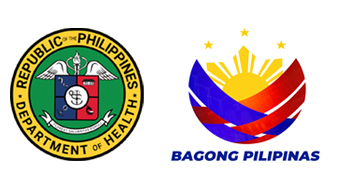
Level I Evaluation – refers to a feedback on the value, relevance, and satisfaction on the different aspect of the learning experience following an LDI.
Level II Evaluation – refers to the degree to which learners acquired the intended knowledge, skills and attitudes as a result of an LDI which is usually administered through a pre and post-test instrument or pre and post demonstration of skills required.
Level III Evaluation – refers to the extent whether the knowledge and skills acquired from the LDI are being applied in the work setting, and have contributed to improved job performance.
Workplace Application Plan – refers to a Level III evaluation tool that measures the degree to which LDI participants apply the knowledge and skills in their workplace.
Pursuant to the Republic Act (RA) No. 10912 or otherwise known as the “Continuing Professional Development (CPD) Act of 2016, the DOH in coordination with the Accredited Integrated Professional Organization or the Accredited Professional Organization (AIPO/APO), takes its effort in the development of a well-versed standards and qualification for professional practice outcomes aligned with the corresponding Philippine Qualifications Framework (PQF) level in the Public Health Career Progression and Specialization (CPS) programs. This is also in accordance with the R.A. No. 10968 or the “PQF Act”, that declares that it is the policy of the State to institutionalize the PQF to encourage lifelong learning of individuals, provide employee specific training standards and qualifications aligned with industry standards.
In relation to this, Resolution on the Guidelines on the Creation of a Career Progression And Specialization Program for the Dentistry Profession was issued and published by the PRC dated 17 August 2021.



